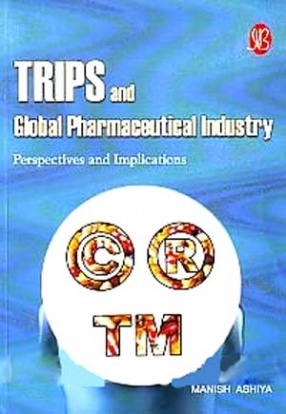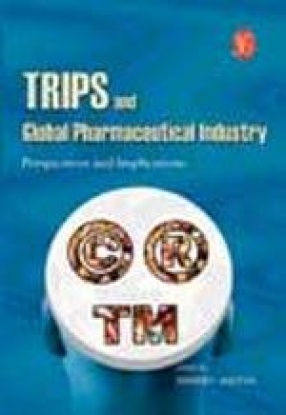TRIPS and Pharmaceutical Industry: Impact on Developing Countries
In stock
Under the aegis of the TRIPS agreement, the global pharmaceutical industry became the centre of controversy. TRIPS provides product patents which seek to reward the innovator of the drug in the form of monopoly pricing. The freedom to price drugs leads to an increase in drug prices raising serious health concerns. In 2001, Brazil and South Africa openly violated the TRIPS agreement and issued licenses to manufacture generic version of AIDS medicine patented by Roche. This particular event led to hard thinking by other countries and lobbying for concessions in the agreement. Eventually, in 2003, the Doha declaration was passed, under which developing countries deadline was extended till January 2005 and for the least developed countries 2016 was kept as deadline.This book examines the impact of the TRIPS agreement on developing and the least developed countries. The cases of Ghana, Morocco, Taiwan, Thailand, China, Bangladesh and India are discussed. The pre- and post-TRIPS pharmaceutical industry s situation in the country is examined. The impact TRIPS will have on these countries and what measures the pharmaceutical industry is taking to survive in the post-TRIPS era are under this book s coverage. The book also covers measures the government is taking to promote domestic pharmaceutical industry, ensuring that foreign investment and health concerns are adequately addressed.








There are no reviews yet.